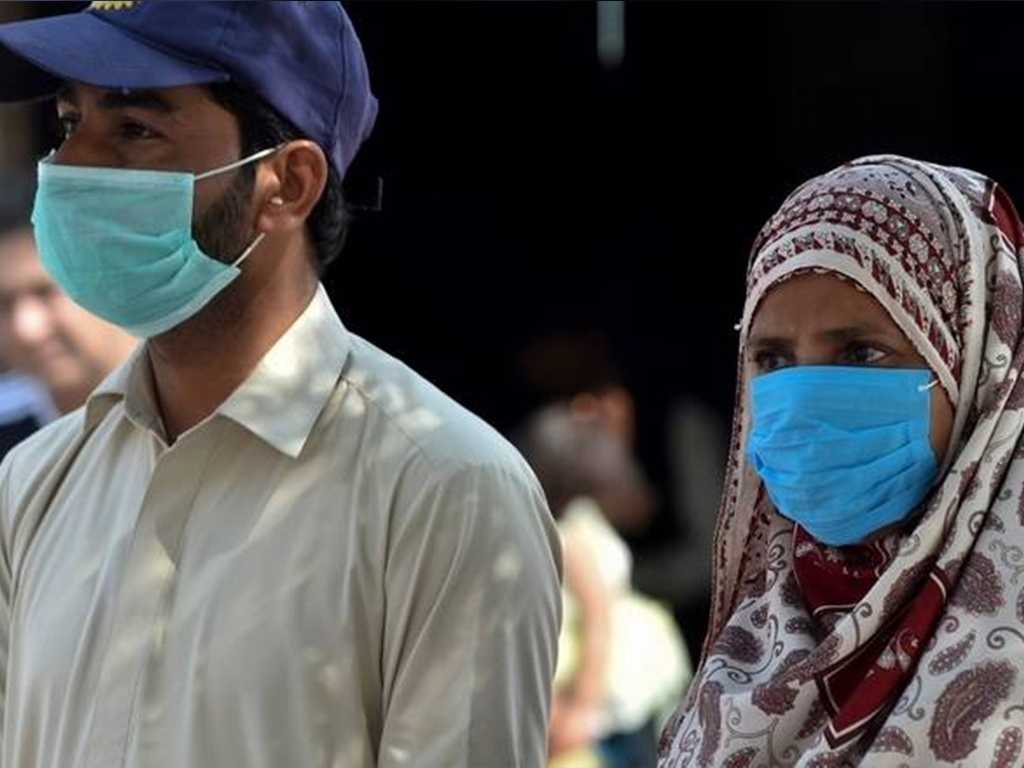Liquidity in times of crises

Prime Minister's Advisor on Commerce and Industries, Razak Dawood, has done well to pre-empt growing panic in the export sector by announcing a relief package "in the coming days," geared primarily towards easing liquidity problems as more and more foreign importers are suddenly no longer open for business. The export community is faced with the double whammy of foreign markets freezing, reducing demand for our exports, as well as airports and ports shutting down across the world, making it impossible to ship products even where there might still be some demand. Therefore, not long after encouraging news about exports finally picking up over the last couple of months, exporters are now faced with the prospect of sitting on their hands as production slowly grinds to a trickle and losses quickly begin to mount.
The government's understanding and decision to help with the liquidity crunch would no doubt have calmed nerves across the sector. Industries associated with exports cannot simply be left to the vagaries of the market even in times of extreme crises. Sooner or later, the storm passes and they are needed again to take the lead in generating forex earnings. Yet, though the export industry has special significance and deserves priority, the government will still have to extend similar relief to other sectors facing problems of solvency as well. Indeed, after projecting a cumulative loss to the tune of $10 billion to the national economy from the coronavirus crisis, the government is now preparing to announce an 'economic emergency bailout package' by as early as next week. The focus, once again, is on providing liquidity wherever it is needed so business activity does not stop altogether.
Pakistan is not alone in facing such constraints, of course, and economies across the world are providing different sorts of stimulus packages to keep the wheel turning. The biggest problem in Pakistan's case, ironically, is the severe liquidity crisis that the government itself faces. That is why while the State Bank of Pakistan (SBP) also acted like almost all other central banks and cut back on the interest rate recently - though the quantum of the cut largely disappointed a very desperate market - the government did not initially promise showering the economy with money like most other countries. And reserves are coming under yet more pressure as foreign investors continue to beeline for the exit door with their hot money - outflows amounting to $1.28 billion in the ongoing month - and FBR (Federal Board of Revenue) has estimated a revenue loss of over Rs 300 billion in the April-June quarter. Still, as the severity of the crisis intensifies and there's no telling just how long of an emergency it is going to become, the government has felt the need to do the right thing by first controlling the narrative, not allowing too much panic into the market, and then hopefully arranging just enough money and special measures to keep the economy from hurting too much. And since all sectors will eventually feel the heat, perhaps now is a good time for SBP to provide a line of credit to banks so they can extend finance on low interest rates for a start to all industrial establishments.
The most important step, however, will be re-negotiating some important targets with the IMF. With most earnings presently tied up in debt servicing, the government has very little room for flexibility. And if the Fund is not accommodative, the only way to survive in the immediate to medium term would be a drastic cut in expenditure and seeking help from friendly countries like China. Time is of the essence, needless to say, because this crisis will unfortunately only worsen before it turns to improve for all the quarantine, isolation, and travel restrictions to end. Already the estimated hit to Pakistan, at $10 billion, is much larger than even the IMF programme ($6 billion) that has got our hands so completely tied at the moment. The government, then, will have to be quick on the draw to keep problems from snowballing. Yet, fortunately, it is moving in the right direction. The immediate concern should be keeping capital market solvent and production and export industries protected, even if the very first results are somewhat disappointing. Liquidity, after all, makes all the difference in times of crises.




















Comments
Comments are closed.